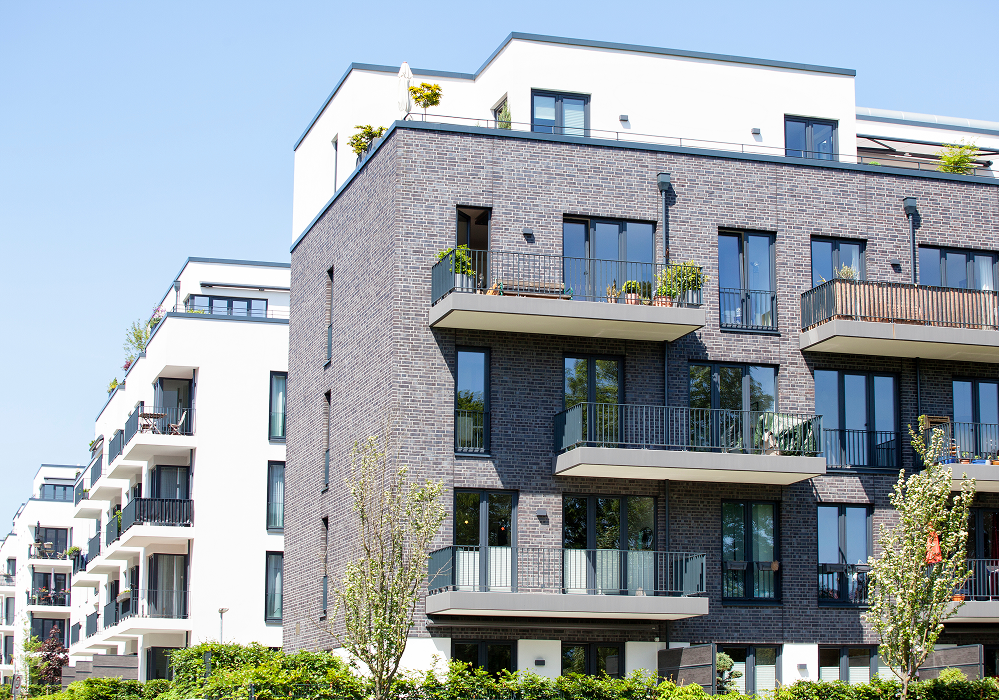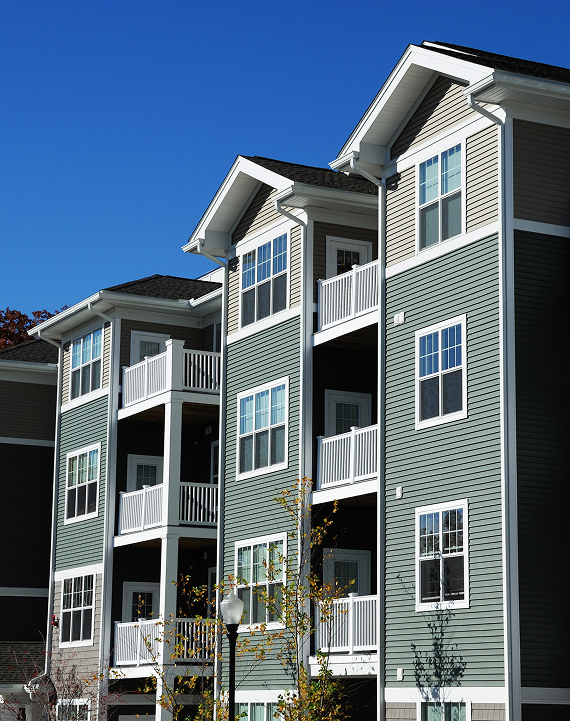What Is a Condo Mortgage Loan?
A condo loan is simply a mortgage used to buy a unit in a condominium. The financing structure is similar to loans used to purchase single-family homes, but with additional underwriting elements due to this unique form of ownership.
In a condo, you own your individual unit but share ownership of common areas, such as lobbies, hallways, pools, and elevators, through a homeowner association (HOA). This shared responsibility means lenders are tasked with evaluating both the borrower and the complex.











